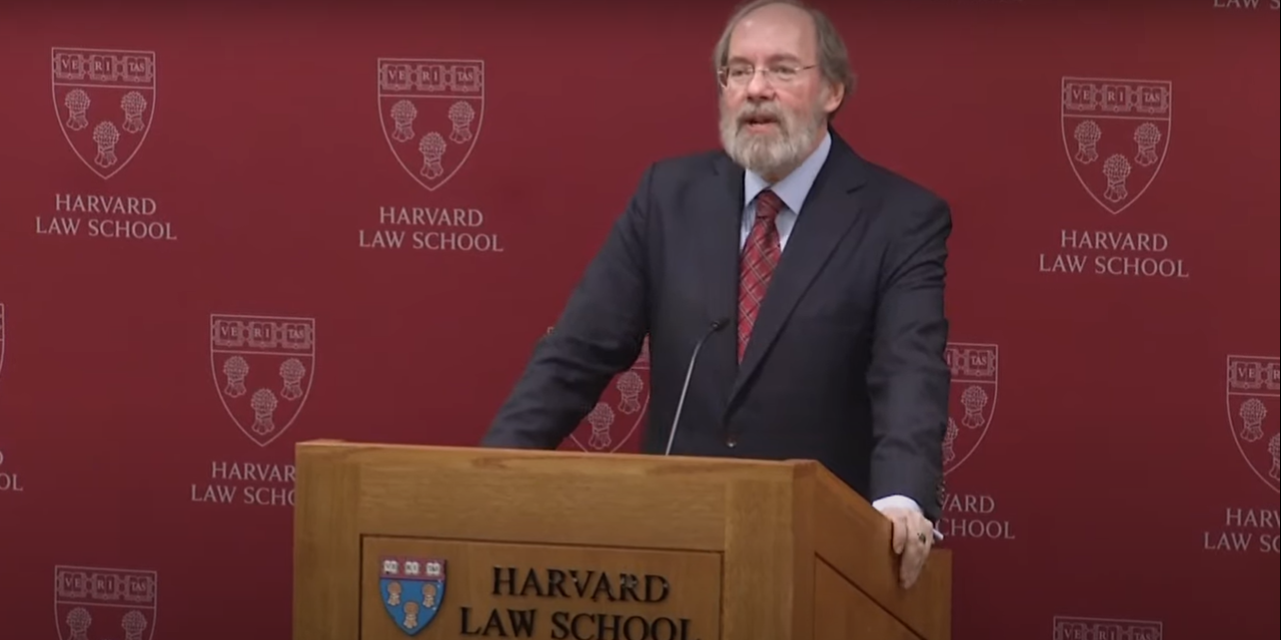A federal appeals panel has overturned a lower court’s ruling to find an Indiana University administrator violated a male medical student’s constitutional rights by expelling him without a proper hearing.
However, judges have said the man must identify himself publicly if he wishes to continue his action against the school.
The U.S. Seventh Circuit Court of Appeals issued an opinion April 26, vacating a summary judgment ruling from U.S. District Judge James Sweeney in the case of an unidentified male student who alleged the university’s disciplinary process, related to allegations of an off-campus incident, deprived him of certain rights.
Neither the male student nor the female student who made the abuse accusation are identified in court records, named only as John Doe and Jane Roe. The IU Office of Student Conduct found Doe culpable and issued a one-year suspension with conditional return possible. The medical school’s Student Promotions Committee recommended expulsion, but Dean Jay Hess rejected that proposal and affirmed the suspension.
Easterbrook said Doe applied to the IU Kelley School of Business master’s program, noting his application disclosed the suspension while claiming Hess proffered an exoneration. After an investigation, the Prior Misconduct Review Committee told Hess that Doe “withheld pertinent information and gave false or incomplete information” to Kelley, after which Hess concluded Doe was unfit to practice medicine and expelled him from medical school.
Doe’s lawsuit alleged violation of his Fourteenth Amendment due process rights as well as Title IX protections. Easterbrook noted the panel would refer to Doe’s actions as “misconduct” without using the term “alleged,” as IU determined he engaged in physical violence against Roe, but added: “There is some doubt how, if at all, Title IX applies to student-against-student misconduct that appears to be unrelated to a university or its facilities.”
Regardless of whether Title IX compelled the school to investigate or act, the panel said, it took both steps, yet did so with no record of discriminating by gender, even as it ordered Doe to use school facilities in West Lafayette while Roe stayed in Indianapolis and delayed investigating his accusations against her. Judge said the sole legal issue is whether Dean Hess acted properly.
Turning to Doe’s due process claim, Easterbrook wrote the student had many opportunities to speak and notice of proceedings, but the fact he “received lots of process does not mean that he had an opportunity to be heard when it mattered most: after his application to the Kelley School.”
For example, Doe didn’t know the Misconduct Review Committee denied his application and sent paperwork to Hess until Doe received the expulsion letter. The university argued students lack a property interest in medical education, but Easterbrook wrote students are entitled “to finish their educations unless specified events happen — failure to pay tuition, poor grades, violence against other students, and similar matters. The university does not assert that Dean Hess had authority to expel Doe for any reason Hess chose, such as wearing loud clothes or mocking the football team. Doe thus had a legitimate claim of entitlement to remain a student unless he transgressed a norm. That’s a property interest in constitutional lingo and requires some kind of hearing.”
Although the panel reversed the ruling and remanded the complaint, it also addressed Doe’s anonymity, with Easterbrook writing “the norm in federal litigation is that all parties’ names are public.” Doe is “well into his adult years,” the panel said, and his stated interest in protecting his reputation isn’t sufficient to keep his name shielded.
“Someone charged with a felony may be shunned or encounter trouble finding a job, but a court would not call that ‘retaliation’ that justifies anonymity,” Easterbrook wrote. “Knowing that a potential student or employee has been charged with a crime legitimately justifies steps for self-protection. Or suppose Roe had sued Doe for the tort of battery. Again his name would have been on the public record. Doe’s own suit illustrates how litigation can harm reputations. In addition to the institutional defendants, the complaint names three natural persons, including Dean Hess. Doe wants to protect his own reputation but did not hesitate to expose Dean Hess to the reputational injury that would follow from a judicial conclusion that he violated Title IX or the Constitution.”
Although Doe brought a Title IX claim, the panel concluded, that law doesn’t specifically provide for anonymous litigation. It found Judge Sweeney abused discretion by allowing the anonymity, but agreed to let Doe choose to remain anonymous by withdrawing his complaint.
Philip A. Byler, of Nesenoff & Miltenberg, of New York, who is representing Doe, did not respond to a request for comment.
